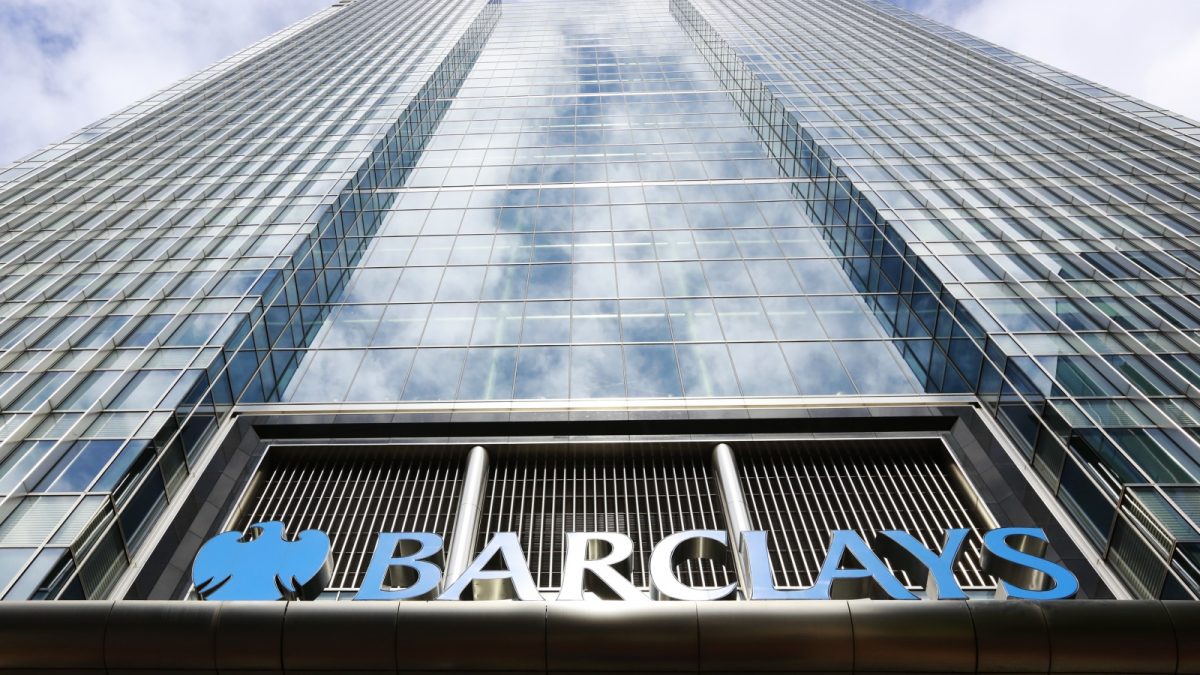
The Legal Recognition of Non-Binary Identity
July 10, 2024
How do we overcome barriers to Diversity, Equity, and Inclusion in Practice?
July 14, 2024Article by Yoshinori Maejima
Introduction
The Financial Conduct Authority (FCA) has introduced a new Anti-Greenwashing Rule which came into effect on May 31, 2024. Media outlets like Bloomberg have argued that these new regulations are some of the most far-reaching anti-greenwashing laws to be ever introduced and that they could have major consequences for the British banking sector. This article aims to explain what the new Anti-Greenwashing Rule is, its purpose, and how it could potentially impact British banks in the future.
What is Greenwashing?
Greenwashing refers to deceptive practices used by companies which aim to portray their company as being more environmentally friendly than they actually are. In the financial and banking sectors, banks that claim to be committed to carbon neutrality while also raising funds for fossil fuel projects, are often accused of greenwashing. It creates a deceptive image of the bank that is not rooted in its actual practices.
This is considered harmful to consumers and the market, especially at a time when consumers look to make their choices based on the sustainability practices of companies. Thus, the new Anti-Greenwashing Rule seeks to tackle the ‘mismatch’ between what the company says it does and what it actually does.
What is the new Anti-Greenwashing Rule?
The FCA’s Anti-Greenwashing Rule states that all ‘green’ claims made by companies about their products and services must be “fair, clear and not misleading.” This rule applies to all firms that are authorised by the FCA.
Under this regulation, all sustainability-related claims must be honest, transparent, balanced, and fully substantiated. This means that firms cannot merely highlight the positive aspects of their practices while ignoring the negatives or the caveats of their claims. Furthermore, all environment-related claims must be fully supported by sufficient evidence such as data and statistics, which should not be manipulated to trick the consumers. Any limitations to these statistics must be fully disclosed to the consumers.
Finally, the FCA states that it will take “further action” if it believes that sustainability-related claims made by firms are deceiving potential customers, whether intentionally or unintentionally. Such “further actions” can vary from an order to withdraw the “misleading” materials to monetary fines, depending on the severity of the violation. Additionally, the new ‘name and shame’ regime could be used by the FCA to disclose the names of the companies under investigation before the investigation has concluded. The ‘name and shame’ regime thus poses additional reputational challenges for banks.
Why did the FCA introduce these rules?
The FCA regulation follows wider European trends on anti-greenwashing regulations, as seen in the bill passed in January of 2024 in the European Parliament which bans companies from labelling products as “biodegradable” or “carbon neutral” unless they provide concrete proof to support these claims.
This new FCA regulation has three purposes in mind: to help the UK meet net zero goals, protect consumers and smaller businesses, and increase confidence in the market.
Firstly, this anti-greenwashing regulation aims to help the UK government meet its net zero goals by holding firms to account and encouraging their move towards genuinely sustainable practices.
Secondly, the FCA aim to allow smaller firms that pursue genuinely sustainable practices to compete with larger firms that use deceptive practices to cover up their unsustainable practices. For example, if bigger banks are forced to become more transparent about their practices which harm the environment, smaller banks who are genuinely committed to environmental goals would be able to compete against them based on the fact that they present a ‘greener’ option to consumers. As James Alexander of the UK Sustainable Investment and Finance Association argues, the Anti-Greenwashing Rule “helps balance the playing field for those who have been doing the right thing.”
Finally, the FCA states that if stakeholders in the economy can trust the sustainability-related claims made by companies, it will increase confidence in the market and lead to an “increased flow of capital” into the goods sold by these companies.
What are the potential impacts on financial institutions?
This regulation has potentially significant consequences for financial institutions because of its wide scope and ambiguity, and because it exposes banks to increased litigation from the FCA and from private individuals.
What constitutes a ‘misleading sustainability-related claim’ is wide in scope. Anything produced by the banks, ranging from marketing materials to bond prospectuses to its website can come under the FCA’s scrutiny. Furthermore, the FCA can argue that a bank has misled its consumers if the “overall impression a visual presentation of a claim can create” is deemed to be at odds with its actual practices. This could potentially mean that a bank which uses a picture of a rainforest on its website could be targeted by the FCA if they believe that this picture created a ‘greener’ impression of the bank in the consumer’s mind than it is.
Beyond its wide scope, banks could face an increased number of FCA investigations as well as private litigation. As the FCA notes, the new regulation “gives [the FCA] an explicit rule on which to challenge firms” if they are deemed to have misled consumers. It also allows private individuals to sue banks for compensation if they believe that the banks’ misleading Environmental, Social, and Governance (ESG) claims led them to make poor and uninformed decisions as consumers, potentially exposing the banks to more private litigation against them.
Although its real impacts are not yet clear, climate activists are already calling on the FCA to investigate Barclays, HSBC, Santander, Natwest and Lloyds by using the new regulation. For example, a letter from an activist group to the FCA states that Santander’s practice of financing Liquified Natural Gas and fracking projects runs contrary to its climate pledges, presenting a mismatch between its claims and practices. Although the FCA has not acted on this letter, it shows how banks may be affected by this new regulation.
What should banks do?
Given these new regulations, banks must review all materials and claims made regarding the environment to discern which claims could become potential targets of the FCA. Furthermore, the banks need to consistently review all promotional materials to ensure that they have sufficient and up-to-date evidence to support all sustainability-related claims. Due to the wide scope of this regulation, banks need to review their sustainability-related claims in a holistic manner, according to Baker Mackenzie, the multinational law firm. This means that banks must make sure that the “overall impression” created by their materials (including images, etc.) would not be considered misleading or deceptive. Therefore, banks must go beyond merely fact-checking their statistics and consider what “overall impression” their materials create in the minds of consumers and regulators.
Conclusion
These regulations are necessary, given the increasing interest society has in ESG matters. Even banks which have come under fire from activists, such as Santander, welcome these regulations. However, the unprecedented scope of these regulations means that banks and lawyers must take the necessary steps to protect themselves against potential litigation and investigation.
Sources
The Standard – Regulators urged to launch probe into greenwashing by UK’s major banks
FCA – Finalised non‑handbook guidance on the Anti‑Greenwashing Rule
https://www.fca.org.uk/publication/finalised-guidance/fg24-3.pdf
European Parliament – MEPs adopt new law banning greenwashing and misleading product information
Baker Mackenzie – The FCA’s Sustainability Disclosure Regime: A Practical Implementation Guide
The Insurance Journal – Banks, Asset Managers Warned of ‘Huge’ Fallout From UK’s New Greenwashing Law
https://www.insurancejournal.com/news/international/2024/05/31/777509.htm
Dechert LLP – Breaking Down the UK’s New Anti-Greenwashing Rule
https://www.youtube.com/watch?v=6T-b1qrGQbU
Bloomberg – Banks Warned of Huge Implications of UK’s New Greenwashing Law
Proskauer Rose LLP – The Anti-Greenwashing Rule Comes into Force: A Legal Lens





